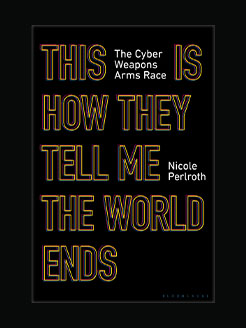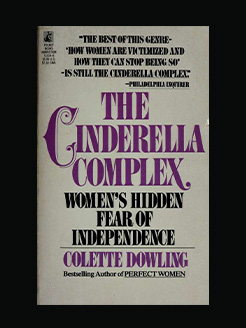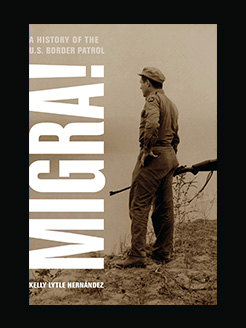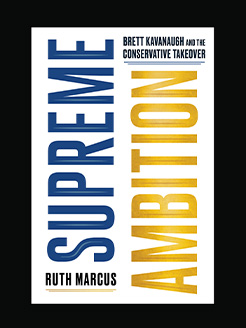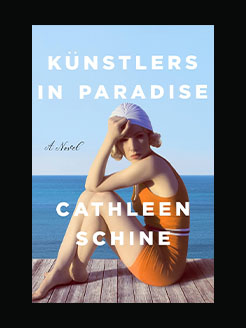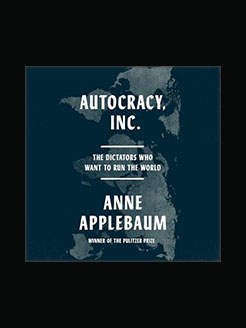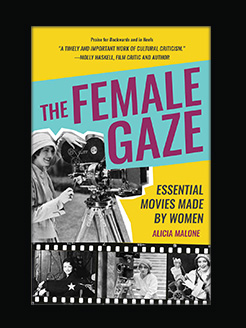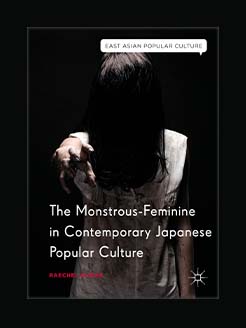Published in 2024
438 pages
Rose Boyt, author and photographer, was born in London in 1958. In the late 1970s, she worked at Malcolm Maclaren and Vivienne Westwood’s shop, Seditionaries, and photographed punk friends and customers outside on the King’s Road. Around that time, she also produced her Bath series of portraits with various friends and family photographed naked in a bath: she says it was a context ‘in which people might be naked, but it was not about sex’.
Boyt made a first visit to New York in 1978 when still a student at Central School of Art and Design, meeting Andy Warhol, and producing an unpublished album of her photographic impressions of the city. Warhol drew a ring on Boyt’s finger and signed it – she recalls that she ‘went straight to the World Trade Center and photographed myself in the Polaroid booth at the top, holding up my hand to show the ring, preserving it for posterity before it washed off’. Self-portrait with Ring by Andy Warhol, New York (1978) was published in an edition with England & Co in 2021.
Since 2020, Boyt has regularly exhibited her photographs with England & Co at Photo London and Paris Photo, and was included in Women’s Works: artists working in 1970s & ’80s London at England & Co’s project space in Mayfair in November 2023.
What is this book about?
“Towards the end of the summer of 2016 I found an old diary in a cardboard box, hundreds of typed pages, the first dated 9 September 1989. I put the diary away without reading it; I had lost my father, my mother had died only three months earlier, and it was not the right time to think about anything. I was heartbroken.
As I remembered it the diary was about sitting again, an easy portrait this time, fully clothed, the manuscript mainly a record of my father’s remarkable stories. I imagined all his stories were amusing, uncontentious, but even if that had been true I still would not have been ready. It is unclear to me now how I was able so effectively to distort reality.”
In Naked Portrait Rose Boyt explores her complicated relationship with her beloved father, Lucian Freud, through the diary and other accounts of sitting for him, naked or otherwise. Enthralled by his genius, it was only after his death that she began to question the version of events she had come to accept. The shock of the truth is profound but what emerges is her love and compassion not just for herself as a vulnerable young woman, but for the man himself, who is shown in all his brilliant complexity.
